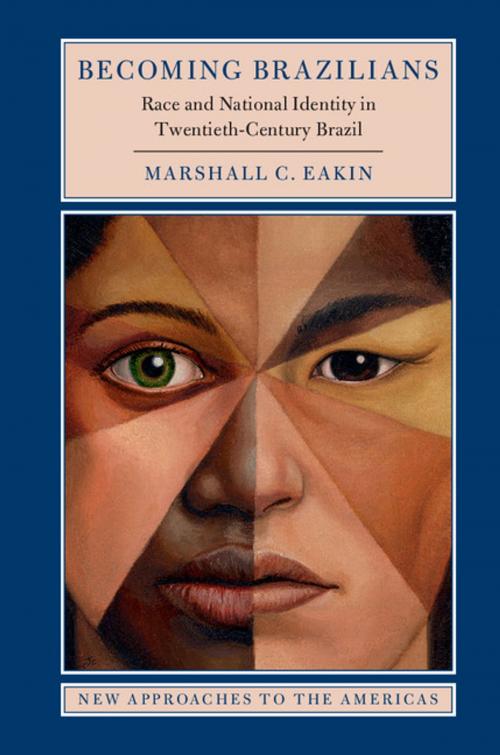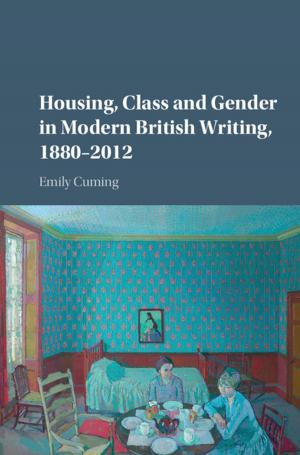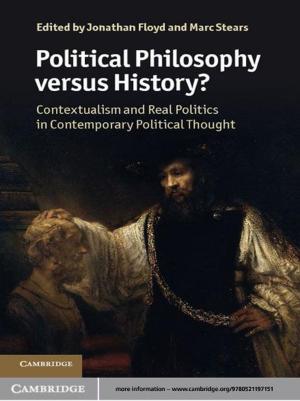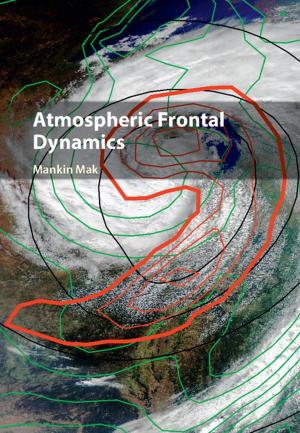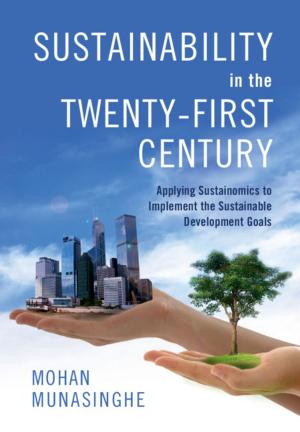Becoming Brazilians
Race and National Identity in Twentieth-Century Brazil
Nonfiction, History, Americas, Latin America, Social & Cultural Studies, Social Science| Author: | Marshall C. Eakin | ISBN: | 9781316811979 |
| Publisher: | Cambridge University Press | Publication: | July 25, 2017 |
| Imprint: | Cambridge University Press | Language: | English |
| Author: | Marshall C. Eakin |
| ISBN: | 9781316811979 |
| Publisher: | Cambridge University Press |
| Publication: | July 25, 2017 |
| Imprint: | Cambridge University Press |
| Language: | English |
This book traces the rise and decline of Gilberto Freyre's vision of racial and cultural mixture (mestiçagem - or race mixing) as the defining feature of Brazilian culture in the twentieth century. Eakin traces how mestiçagem moved from a conversation among a small group of intellectuals to become the dominant feature of Brazilian national identity, demonstrating how diverse Brazilians embraced mestiçagem, via popular music, film and television, literature, soccer, and protest movements. The Freyrean vision of the unity of Brazilians built on mestiçagem begins a gradual decline in the 1980s with the emergence of an identity politics stressing racial differences and multiculturalism. The book combines intellectual history, sociological and anthropological field work, political science, and cultural studies for a wide-ranging analysis of how Brazilians - across social classes - became Brazilians.
This book traces the rise and decline of Gilberto Freyre's vision of racial and cultural mixture (mestiçagem - or race mixing) as the defining feature of Brazilian culture in the twentieth century. Eakin traces how mestiçagem moved from a conversation among a small group of intellectuals to become the dominant feature of Brazilian national identity, demonstrating how diverse Brazilians embraced mestiçagem, via popular music, film and television, literature, soccer, and protest movements. The Freyrean vision of the unity of Brazilians built on mestiçagem begins a gradual decline in the 1980s with the emergence of an identity politics stressing racial differences and multiculturalism. The book combines intellectual history, sociological and anthropological field work, political science, and cultural studies for a wide-ranging analysis of how Brazilians - across social classes - became Brazilians.
